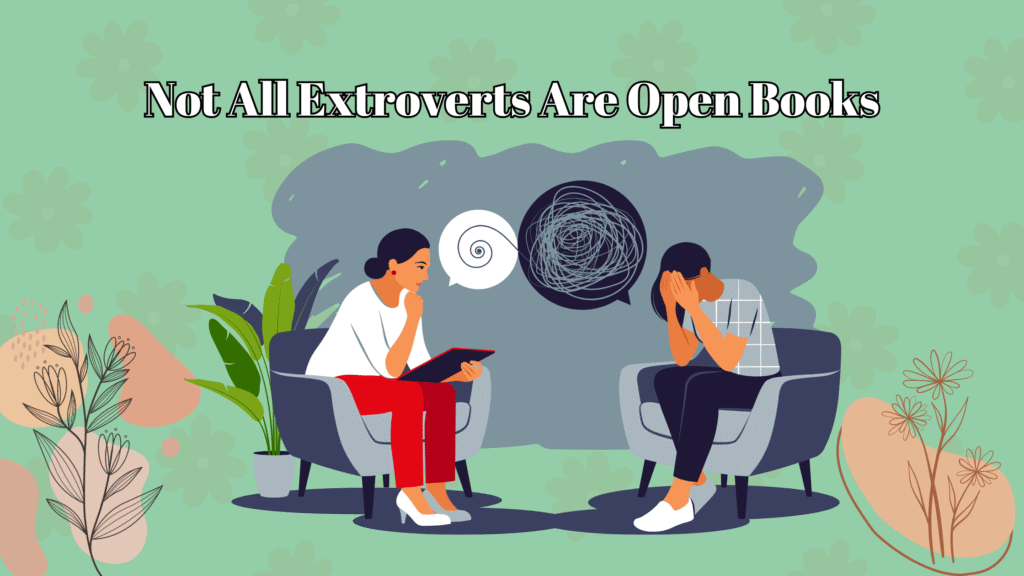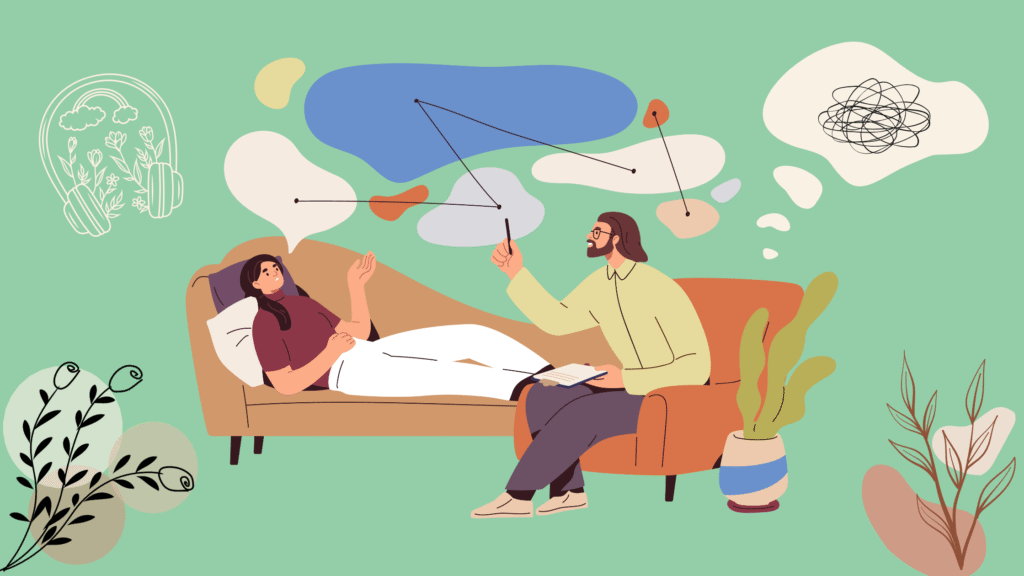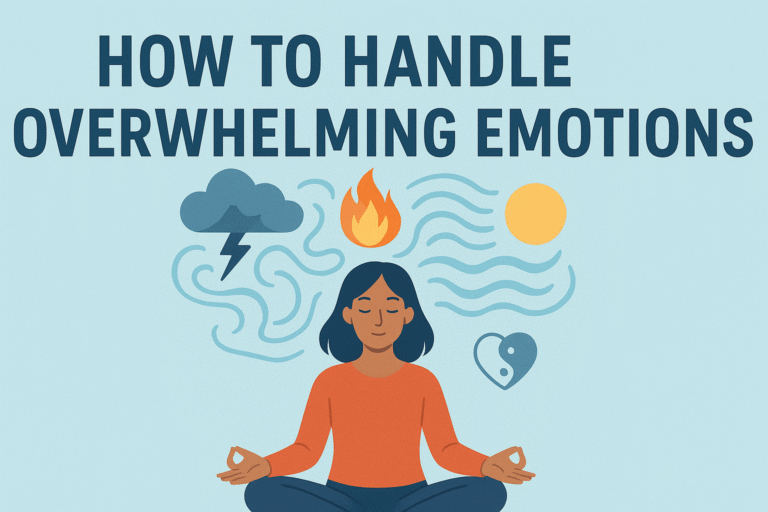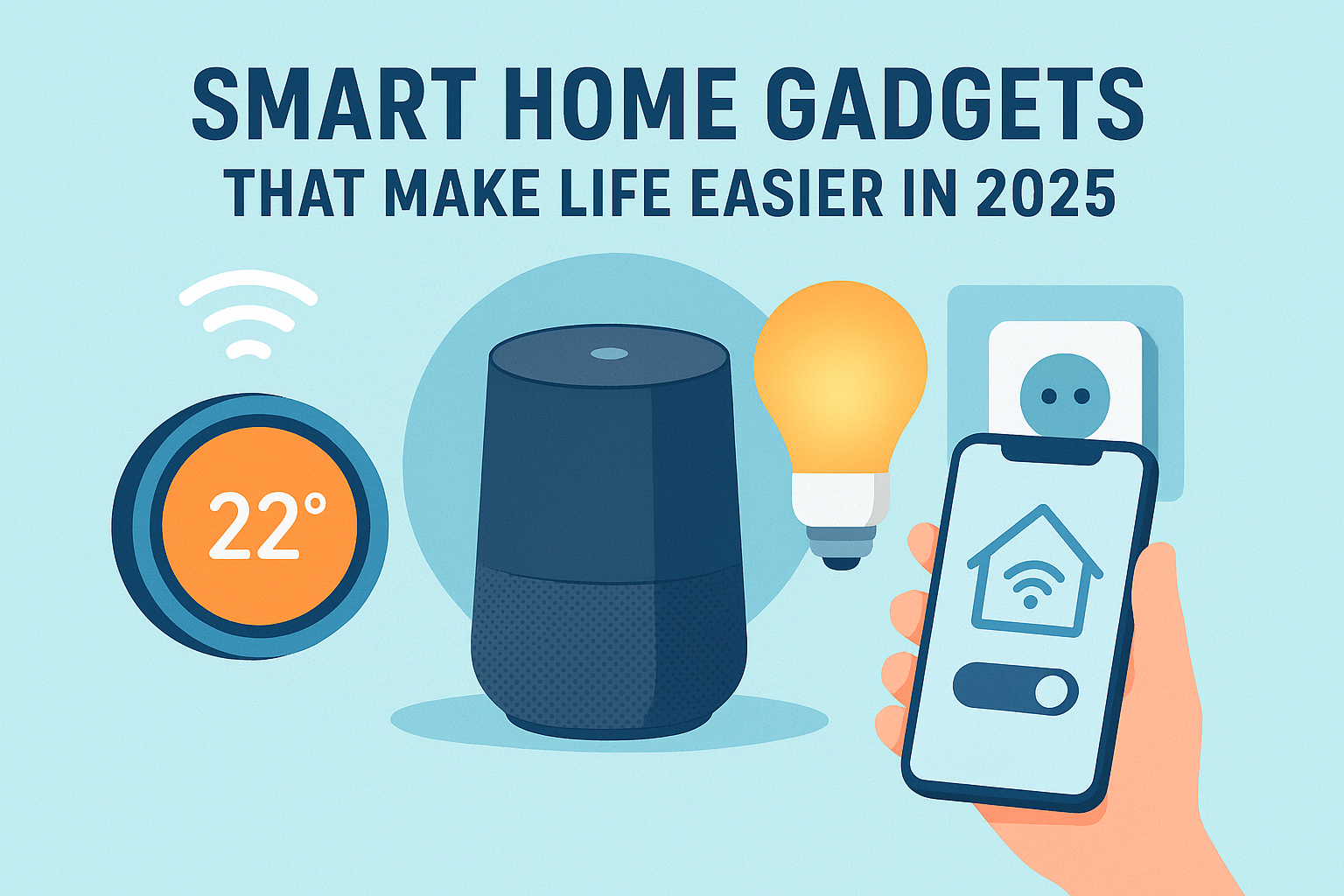
They’re the life of every party, the first to text, the loudest laugh in the group chat. But have you ever stopped to wonder who checks in on them? People think that extroverts are open books as they love talking to people about anything and everything. The ones that can be read and understood by anyone. They’re the mitochondria of every room that generate energy wherever they go. They have a unique brightness that can be felt from a distance.
Ringing a bell? Yes, you guessed it right. These creatures are known as ‘Extroverts’. Their charm lets them blend in like they’ve always belonged. They often feel like they’ve always been there, even if you just met them. But wait a minute, their personality is just the tip of an iceberg that they hid inside them. What if the loudest people are sometimes the loneliest, too?
People think that extroverts are open books and are open to experience. But behind the smile they show the world, they hide their struggles and deep pain that they keep to themselves. Extroverts are often misunderstood in ways that go unnoticed. Let’s deep dive into the minds of an extrovert and understand how their external energy isn’t always a reflection of their internal peace or clarity.
1. The ‘Open-Book’ Myth
There is a common myth that those who talk a lot, are socially active, are vulnerable, and their emotions are transparent. But the reality is, there is a thick layer of sheets between what they feel and what they show to the world. People might think that extroverts are open books and share every detail about their lives and how they feel. But this is their method of taking away your focus from their actual feelings and not acknowledging their emotions.
Extroverts use storytelling and humour to entertain everyone, to avoid the discomfort of silence, and to hide their hidden struggles. They might be the loudest, most cheerful person in the room, but deep down, their real feelings might be overlooked. They avoid the discomfort of silence using words as a coping mechanism.
Every joke may conceal a wound that is covered in laughter to avoid confronting pain.
2. Pressure to Be “On” All the Time
Extroverts are often considered the one who fills energy in any room they walk in. Once someone is considered the “lively one” or “the people person”, it creates pressure on them to constantly keep up the vibe even though they are emotionally drained deep down. They start pushing themselves beyond their natural boundary.
Being an extrovert feels like conducting a show that isn’t supposed to end. People come to them for laughter, support, and entertainment, and leave, draining all their energy. They try to maintain a cheerful and engaging personality, not to be a ‘buzzkill’ without addressing their personal struggles and emotional imbalances.
It’s like performing on a stage where the lights never go off, even when the heart quietly cries for rest.
3. The Loneliness of the Loud
Talking to an extrovert feels good as they make you feel comfortable and wanted. But the reason behind this is the urge to receive the same energy they provide others. Extroverts dance with laughter around at a party, but mostly feel like a ghost, as there aren’t people who truly understand the pain behind the laughing faces.
Though being surrounded by people, extroverts can often feel a lack of belongingness and a lack of emotional connection. Because they might seem fine on the outside, but not checking on them or offering comfort might build a feeling of emotional neglect over time. They might go through a heartbreak that they are unable to talk about. If you or someone you know are in that space, this guide might help: Get over someone fast.
Everyone turns to them as a friend, yet nobody truly notices them.

4. Misinterpretation of Vulnerability
Extroverts often hit a wall when they try to express real emotion. People are so used to their funny and cheerful persona that when they open up about their struggles, people respond with disbelief, surprise, or awkward denial.
‘It’s a phase.’
‘It will eventually pass away.’
“But you’re always so happy.’
People refuse to accept that the cheerful, happy, and always high-energy extrovert couple can be anxious, depressed, or overwhelmed.
And when their pain is dismissed, they choose to put a banner of big smile on their face even when it’s breaking inside. They are less likely to open up in the future as it’s a safer option.
The irony? Their honesty becomes too inconvenient for others to believe.
5. The Introvert Lens on Mental Health
Mental health struggles are generally associated with introverts: the quiet and isolated beings who just lie on the bed all day, refusing to talk to anyone else. And if a person doesn’t fit into this stereotype, they are far away from having anxiety attacks or signs of depression. This is why the mental health concerns of most extroverts go unnoticed.
If they’re having conversations, cracking jokes, and having a cheerful smile all the time, they must be okay. Right?
WRONG!
Extroverts might be emotionally starving for someone to sit with them and just ask if they are really okay. Depression doesn’t always show up with tears; sometimes it looks like forced laughter, a cheerful personality, and a bright smile that illuminates the room.
The world often waits for silence to signal sadness, and tends to overlook the ones who are crying behind the noise.
Final Thoughts
Sadness isn’t always a whisper. Sometimes, it hides behind the loudest laugh in the room.
“Though I am a friend to everyone, nobody really knows me.”
This is a silent pain common among extroverts who are admired for their happy persona, not for their true selves. Don’t think that extroverts are open books and you know them completely. When was the last time you paused to ask that extroverted friend if he/she was doing good?
They are the entertainers, the listeners, and the consoler, but who stands by them? Who is there to comfort them?
Next time, instead of saying ‘You’re always so happy’, try asking ‘Are you really okay?’, and mean it.
Extroverts don’t need you to fix them. They just need someone to listen.
To ask, ‘Are you really okay?’ And to mean it.
Because those who lift others the most are often silently hoping someone will lift them too.
Be a listener to a listener.



